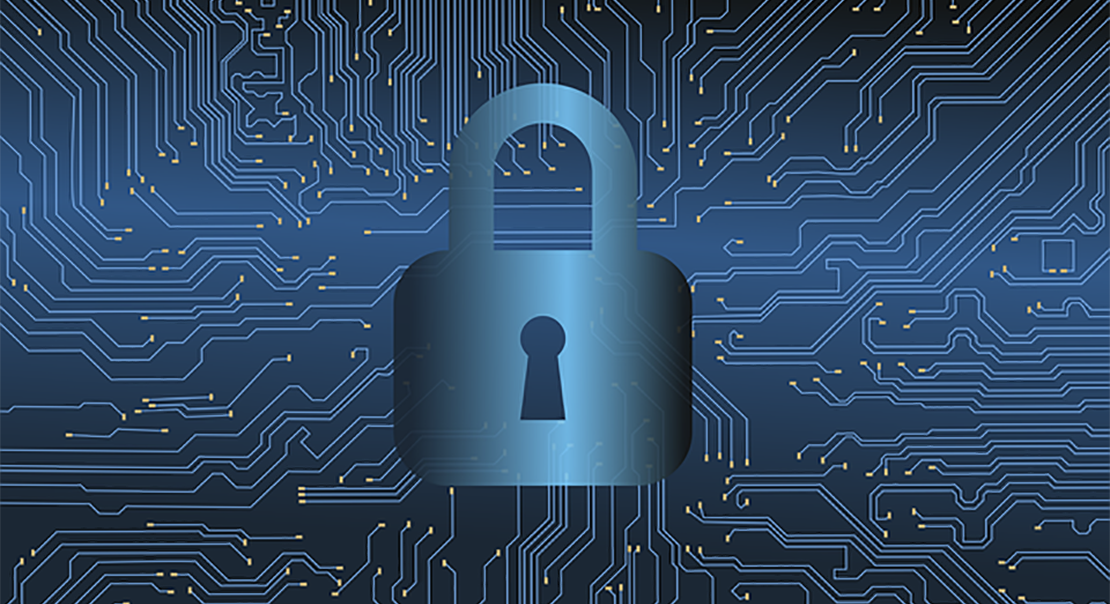Data breaches are everywhere. They inflict industries as diverse as the health care industry, financial institutions and the entertainment industry. Facebook has recently reported a data breach that exposed 50 million users. Google shortly followed revealing a security vulnerability that exposed the private data of up to 500,000 Google Plus users and announced Google Plus’ shutdown. So yes, data breaches are abundant. But an important question we need to ask is should the information have been there in the first place?
Sometimes, the answer is yes. For example, a woman admitted into a hospital to give birth needs to provide her personal and medical information. But not all information repositories are made the same. Social networks are different. Social networks are designed to attract our time and attention. We do not pay Facebook user fees. Instead, Facebook generates revenue from ads. Facebook and other social networks are crafted to entice us to post, share and react, maximizing the time we spend on their platform. For example, receiving likes, comments or snaps activates our reward system through the release of the neurotransmitter dopamine. This design affects our privacy choices. We are induced to share and over-share our personal information resulting in an increased impact of data breaches. There is simply more personal information out there than we may really want to share.
At Seton Hall Law School, I direct the Institute for Privacy Protection, which School Outreach program addresses this connection between privacy and technology over-use. Our Institute’s fellows, who are upper-class law students, teach kids at the age in which they get their first cell phones about maintaining their reputation online. They teach kids how to consider what information they put out and understand the potential impact on their college and employment opportunities. But, we go beyond privacy and discuss with students and their parents the costs of excessive use of technology and the importance of maintaining a healthy online-offline balance. We highlight why technology addiction and privacy are related: by paying attention to how much and how we use devices and social networks we can make better choices about our personal information and privacy.
[mc4wp_form id=”3387″]
